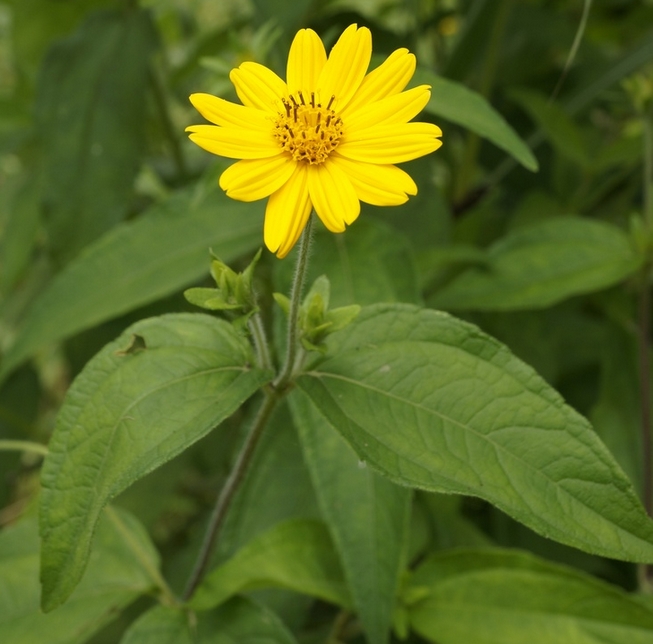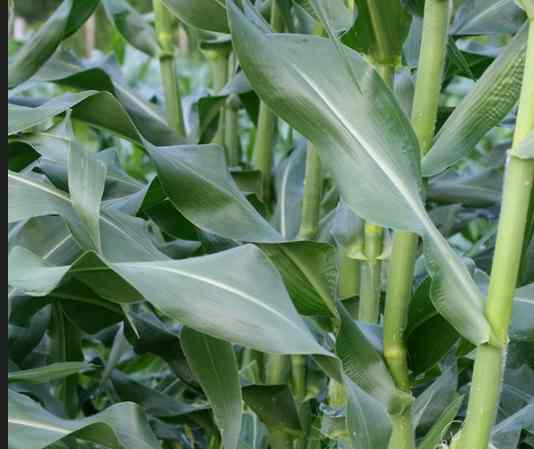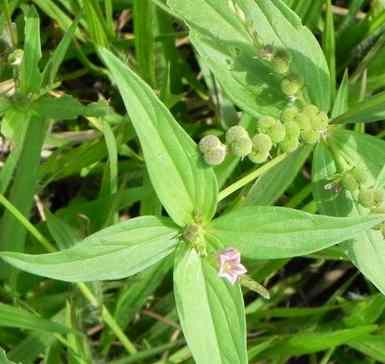
support@yorubalibrary.com
+2348073529208, 07038599574

Aspilia africana, commonly known as Ewe Yunyun in Yoruba, is a perennial herbaceous plant widely used in traditional medicine across West Africa. Known for its yellow daisy-like flowers, this plant is valued for its therapeutic properties and is a staple in Yoruba herbal practices.
Key Facts
Category: Leaf
Botanical Name: Aspilia africana
Family Name: Asteraceae
Yoruba name: Ewe Yunyun
Igbo Name: NIL
Hausa Name: NIL
Botanical Characteristics of Ewe Yunyun
Ewe Yunyun is a member of the Asteraceae family and is typically found in tropical regions. It grows along roadsides and in fields, reaching heights of up to 1.5 meters. The plant is easily recognized by its bright yellow flowers and slightly hairy leaves, which are used in various medicinal applications.
Traditional Uses of Ewe Yunyun
In Yoruba culture, Ewe Yunyun serves multiple purposes:
1. Wound Healing:
The leaves are crushed and applied to cuts and wounds to promote healing and prevent infections. This practice is common in many traditional healing systems.
2. Fever Reduction:
The plant is used to reduce fever by applying the crushed leaves to the forehead or using them in a herbal infusion.
3. Menstrual Relief:
Ewe Yunyun is traditionally used to alleviate menstrual pain and regulate menstrual cycles.
Want to treat common ailments such as Malaria, Cough, Measles, Typhoid, Pile etc naturally without spending much? Grab a copy of Authentic Herbal Solutions: 15 Common Ailments & Their Natural Cures. A practical eBook recommended for everyone regardless of tribe, religion or association. Order below or Download sample here
AUTHENTIC HERBAL SOLUTION #4KOne Yoruba proverb says "Bí olóde ò kú, òde rè kì í wu Gbégi". Do you know that Gbégi is actually a leaf/plant? Get Yoruba Proverbs on Plants and Herbs, which is a collection of Untold Wisdoms Hidden in Leaf and plants comprising their Life Applications & Moral Teachings. Order below or download sample here
YORUBA PROVERBS ON PLANTS #4KMedicinal Benefits of Aspilia africana
Ewe Yunyun is renowned for its diverse medicinal properties:
1. Antimicrobial Properties:
The plant has strong antimicrobial effects, making it effective against a variety of pathogens. It is commonly used to treat skin infections and respiratory conditions.
2. Anti-inflammatory Effects:
Ewe Yunyun is used to reduce inflammation and relieve pain. It is beneficial for conditions like arthritis and muscle soreness.
3. Wound Healing:
The plant's natural antiseptic properties help speed up the healing process of wounds and cuts, minimizing the risk of infection.
4. Antioxidant Benefits:
Rich in antioxidants, Ewe Yunyun helps protect the body against oxidative stress, supporting overall health and well-being.
5. Respiratory Health:
The plant is used in treating respiratory ailments such as coughs and colds. Its soothing properties help alleviate symptoms and promote recovery.
Modern Applications of Ewe Yunyun
Aspilia africana is gaining recognition in modern herbal medicine for its potential therapeutic applications. Researchers are exploring its use in developing natural remedies and supplements, highlighting its relevance in contemporary healthcare.
Conclusion
Ewe Yunyun (Aspilia africana) is a vital plant in Yoruba traditional medicine, offering a wide range of health benefits. Its enduring popularity and potential for modern applications underscore its importance as a natural remedy.
Have you heard of our Yoruba Herb Dictionary? This contains names of Yoruba Leaf, Roots, Barks, Characteristics, Properties & Identification with HD Pictures. Order below or download sample here
A-Z HERBS & LEAF DICTIONARY #4K
Know more about the Yoruba traditional uses and he…

Learn about Ewe Aran, a potent Yoruba medicinal le…